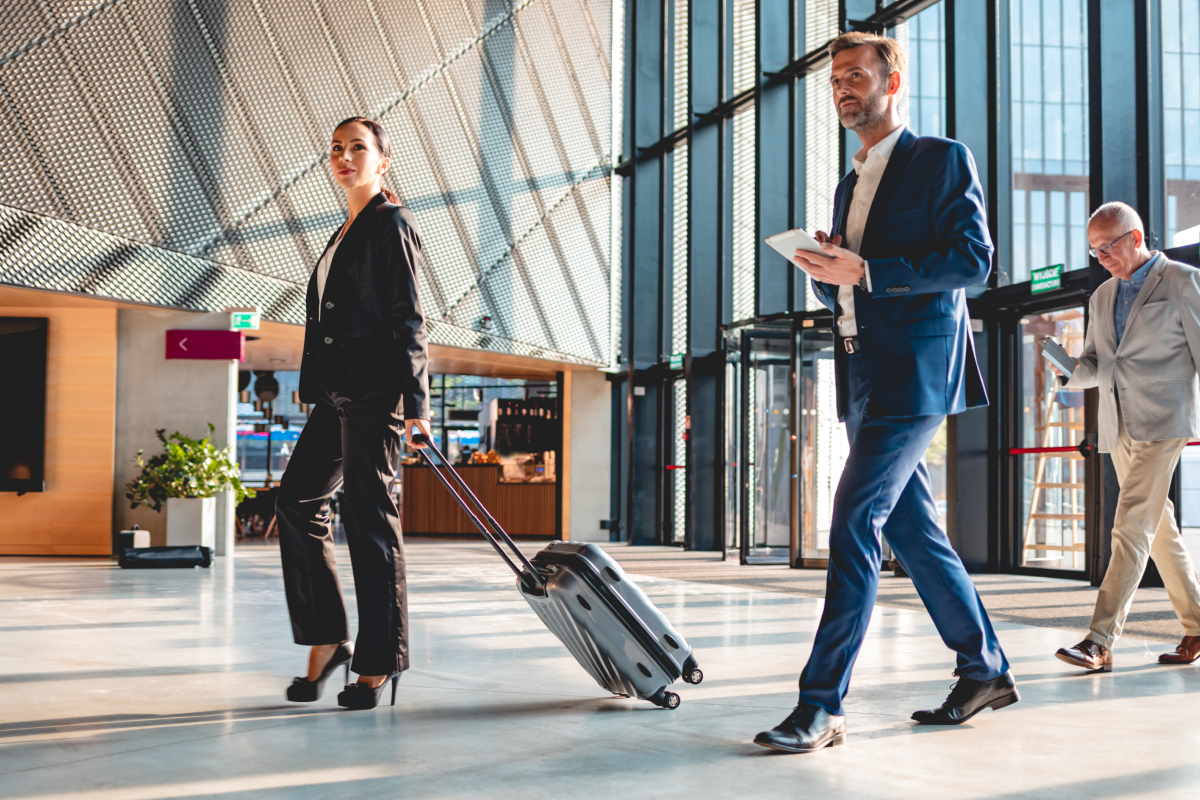Navan Exec on How AI Chatbot Came Through During CrowdStrike Outage

Skift Take
Rich Liu was on the executive team of Navan as it grew from roughly 100 employees to 1,200. He left the travel industry about a year and a half into the pandemic, but now he’s back.
He was chief business officer of an AI platform for the legal industry called Everlaw, but he left his position there last year and returned to Navan as CEO of travel.
Navan, a corporate travel agency with a platform for bookings and expense management, has been talking about an initial public offering for a few years.
Liu didn’t comment on the status of the company’s IPO. A report by Business Insider in April 2024 said that the company was planning for an IPO in April 2025.
Liu previously helped two companies go public, he said. Navan last year also hired Amy Butte as chief financial officer. She previously brought the New York Stock Exchange public as its CFO.
Navan has raised well over $1 billion in venture capital, most recently $154 million in a series G round in October 2022.
Skift spoke with Liu about his work at Navan, which he said is focused on taking the company to its next stage of growth.
Navan was one of the first travel agencies to release a chatbot powered by generative AI, called Ava. What’s next on that front?
“It's just getting started. But we need to continue to set the bar for what it can do.
"It can do things like, run a customer query, change flights, and extend hotels — and they could do that without needing a real agent. If it's doing that really capably, then it frees our agents to do really complex tasks for travelers … You can imagine in the future, what that starts to do with the level of personalization and automation.
“At the moment, I think our automated support agents are handling somewhere around 150,000 chats a month, and over half of our incoming asks are being solved — not to start with an AI agent, but actually completely with AI. And the CSAT (customer satisfaction score) there, which is really the important part, is starting to rival the CSAT of human agents.
“[During the global] Microsoft CrowdStrike outage, we had a nice test going because we're always having some our technology stack rolled out to certain users and others not. We saw that travelers that didn't have AI turned on, there was something like a 150% increase in interactions per booking — so basically really hitting support hard. When we had Ava turned on, it was only a 10% increase in interactions per booking. So what that translates to is: We actually were seeing Ava make a very meaningful impact in a time of spiking support needs, with a CSAT that was actually really solid.”
Navan has been pushing forward with new distribution capabilities for airline bookings. What’s the end-goal for that?
New Distribution Capability (NDC) is the modern airline retail system that the industry is slowly moving toward, as outlined by IATA.
“NDC is not simply a stepwise. It very much is a continuum.
"Right now, we have 17 airlines that we have NDC connections with. Upwards of 30% of air bookings are being booked on NDC inventory. So we're actually utilizing that to drive a ton of value. And it's not going to slow down; it's only going to speed up. So the same way that I go to Amazon, and I could go back and look at the same item five times in a day because I'm hemming and hawing, and the price changes five times — that's happening with air inventory now. So the idea that NDC is not going to speed up — it's just sort of crazy.”
The interview has been edited for length and clarity.





